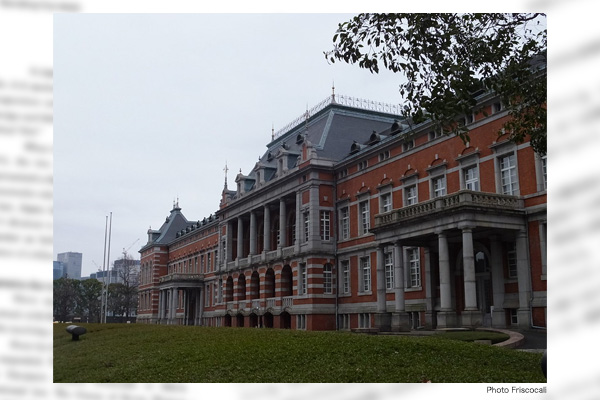Statistics on foreign residents in Japan as of the end of June were released. The number hit a record high of 3,956,619, up 187,642 from the end of last year. If the uptrend is sustained, the number will exceed 4 million by the end of this year. By country of origin, China accounted for the largest share, with 900,738 residents, or 22%, finally surpassing 900,000. Vietnam followed with 660,483, then South Korea with 409,584, the Philippines with 349,714, and Nepal with 273,229.
By residency status, permanent residents accounted for the largest share, with 932,090. Looking at permanent residents by nationality, China once again ranked first with 350,722, followed by the Philippines with 142,745, and Brazil with 117,232. In addition, there were 270,292 special permanent residents, mostly Koreans, who have been living in Japan before the end of World War II, along with their descendants.
Insufficient discussions among ruling parties
How to deal with these foreign residents has emerged as a big issue. In policy talks with the ruling Liberal Democratic Party, the Japan Innovation Party, which had decided to join the new Sanae Takaichi government as a coalition partner, demanded the formulation of a population strategy that includes curbing the rise in the proportion of foreigners and regulating the total number of them.
In the policy discussions on foreigners in Japan, however, a proposal to stop rapid growth of permanent foreign residents, which the Japan Institute for National Fundamentals (JINF) and I have advocated since 2010, has been ignored. Permanent residents are allowed to stay in Japan indefinitely and do whatever they want as there is no restriction on the period of stay or activities. They can be considered immigrants. At the end of 1997, there were 81,986 permanent residents, accounting for 5.5% of all foreign residents. In less than 30 years from the year, their share rose to 23.5%. The number of permanent Chinese residents increased sharply from 28,445.
The sharp increase in the number of permanent residents stems from a sudden policy change in 1998, when the Immigration Bureau of the Ministry of Justice significantly relaxed the requirements for permanent residency. Specifically, the standard period of residence in Japan, which had previously been set at 20 years in principle, was halved to 10 years. The period for those with Japanese spouses was sharply shortened to three years. The relaxation was an administrative decision by the ministry, not based on any revision of the law. When the relaxation was decided on, there was no discussion on the matter within the Diet or the ruling parties. No media reported the relaxation.
When I asked the ministry why the requirements were relaxed, I received an irrelevant answer that an immigration white paper in 2003 described the relaxation as deregulation and simplification of administrative work. The policy decision to rapidly increase the number of permanent residents or de facto immigrants was made behind the scenes without proper discussion.
Policy on foreigners should prioritize national interests
In response to the JINF proposal, the House of Councilors Judicial Affairs Committee adopted a supplementary resolution calling for the strict application of the Immigration Control Act’s Article 22 (requiring the permanent resident status to be given only when it is recognized as serving Japan’s national interests) when the act was revised in 2018. However, the situation has not changed since then. In September last year, JINF issued a policy recommendation calling for the establishment of an immigration policy based on national interest, once again raising concerns about the sharp increase in permanent residents. The Takaichi government is strongly urged to address this issue head-on.
Tsutomu Nishioka is a senior fellow and a Planning Committee member at the Japan Institute for National Fundamentals and a specially-appointed professor at Reitaku University. He covers South and North Koreas.


